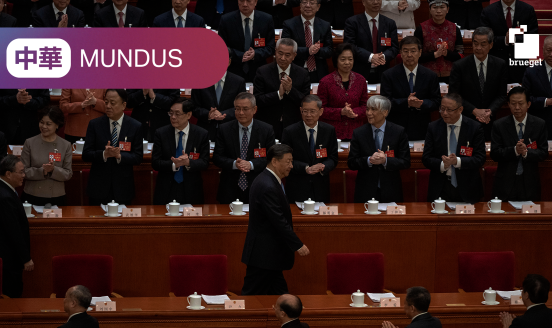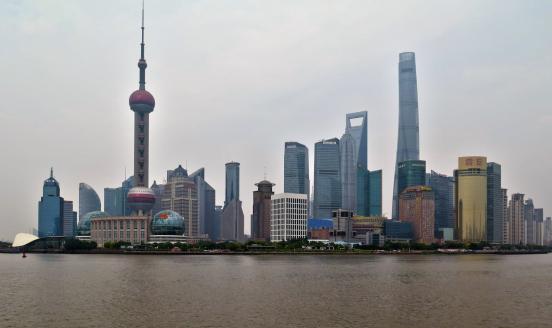To what extent can urbanisation mitigate the negative impact of population ageing in China?
Our analysis reveals that ageing accounts for only about 1 percentage point of the GDP growth rate deceleration over the past decade.

China is experiencing population ageing caused by a rapidly declining fertility rate and increased life expectancy. This demographic transition poses economic challenges, yet the intensity of these challenges depends on a number of factors, with the move of people from rural to urban areas being of central importance.
To gain a clearer understanding of how urbanisation interacts with population ageing, we investigate changes in the Chinese labour force in both rural and urban areas. Our findings suggest a modest shrinking of the overall labour force up until 2035. However, until 2035, the labour force is projected to contract only in rural areas, while the urban labour force will continue to grow. As urban employment is more productive than rural employment, the combined effect of demographic change and urbanisation on growth will remain moderately positive (0.4 percent per year).
Beyond 2035, fertility rate decline will begin to affect the working-age population in both rural and urban areas, especially since the urbanisation process is expected to level off by then. In such circumstances, China’s shrinking population will shave off 1.4 percent from GDP growth annually. These results, however, do not take into account the impact of population aging on labour productivity. China’s fast move towards robotisation and artificial intelligence might help mitigate any negative impacts by increasing productivity, but there is no sign yet that this is the case.
We thank participants at a research seminar at Bruegel for their comments, which have helped us improve our paper. We thank Kelly Wang for excellent research assistance.



